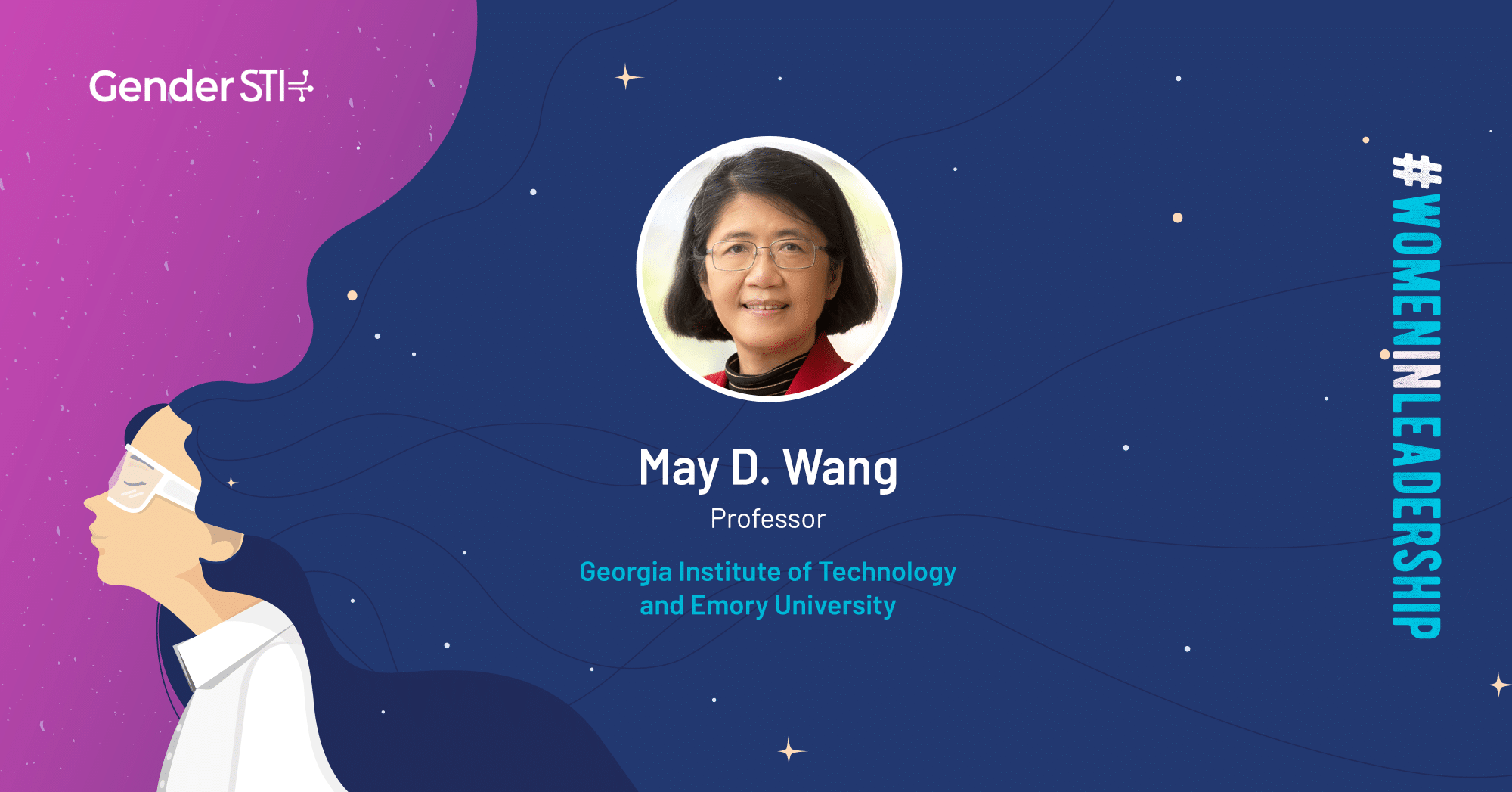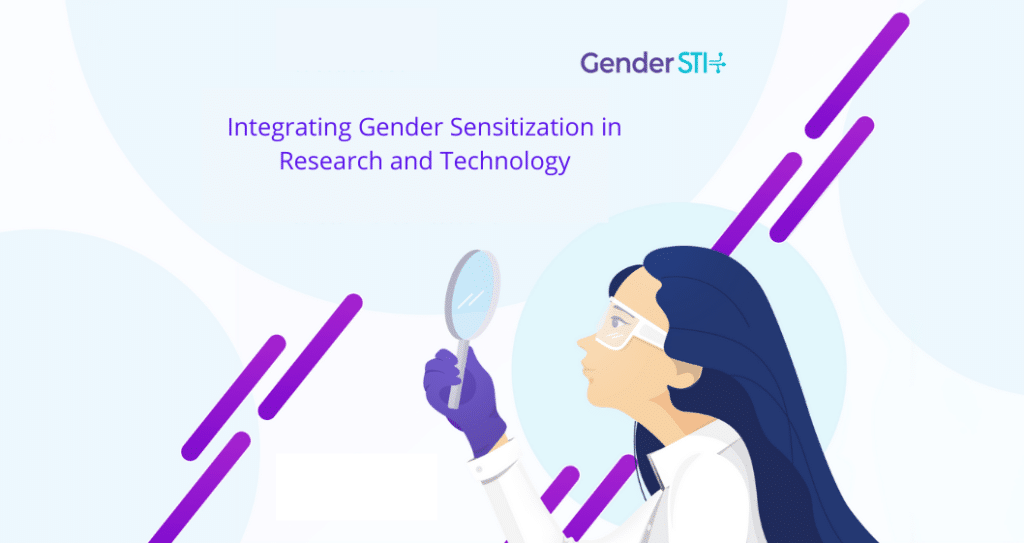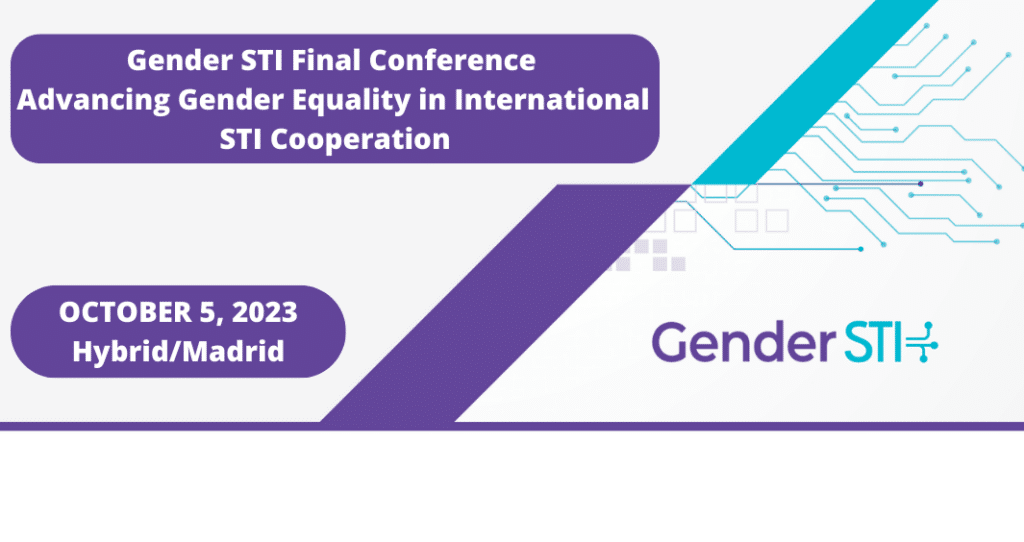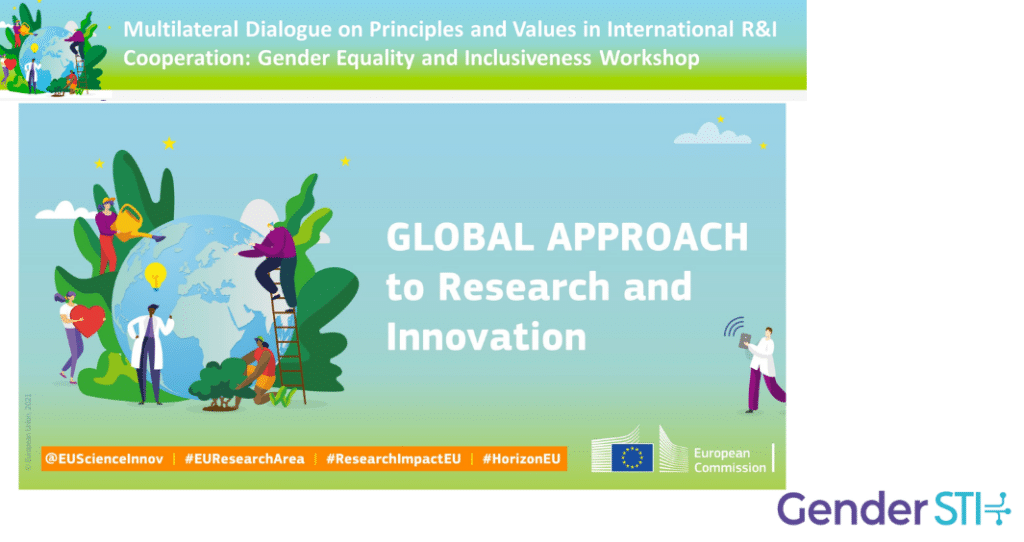May D. Wang was nominated for Gender STI's #WomenInLeadership Campaign, which celebrates women leaders in science, technology and innovation, by Inmark Europa in Spain.
She is a professor at the Georgia Institute of Technology and Emory University and director of the Biomedical Big Data Initiative. Wang is also a GCC Scholar, Kavli Fellow, FAIMBE, FIAMBE, and Petit Institute Faculty Fellow. In addition, she is a senior editor of the IEEE Journal of Biomedical and Health Informatics (IF: 5.23) and the Chair of the IEEE EMBS BHI-TC. Wang is also on the board of directors of the American Board of AI in Medicine.
Wang spoke to Gender STI about her experience as a woman leader in honor of International Women's Day 2021.
Can you tell us a bit about your job and your responsibilities?
I am a tenured full professor in the Joint Department of Biomedical Engineering at Georgia Institute of Technology and Emory University, which is a top-3 program and the largest BME department in the U.S. I also have adjunct affiliation with School of Electrical and Computer Engineering, Winship Cancer Institute, Institute of Bioengineering and Bioscience, and Institute of People and Technology.
My research and teaching are centered on Biomedical Big Data and AI with a focus on Biomedical and Health Informatics for pHealth (personalized, predictive, preventative, precision, and participatory health).
Did you face any challenges on your journey to become a woman leader? How did you overcome them?
Yes. I have faced many challenges early on in my career. I received my MSCS and Ph.D. degree in Electrical and Computer Engineering from Georgia Institute of Technology more than 20 years ago. At that time, the percentage of women Ph.Ds. was low. Initially, my voice was ignored often.
Then when I was recruited back to Georgia Institute of Technology with my husband as a two-body hire into Emory University, I was still called his wife more often than I was called Professor Wang. I overcame these challenges by doing three things I learned: be nice, be assertive, and be extremely technically competent by working doubly hard.
What goals do you have as a leader?
As a leader, my goals are to pay attention to both people and technology.
Specifically, my goals as a leader are: to lead by love and example, learning and improving myself so I can be visionary and technical competent; to establish a culture of mutual respect and trust, to share common values, and to set common goals; to set the target high, and to motivate my team to set their targets high and take ownership; to stay positive and always try to provide constructive solutions; to help the team be creative and persistent by being democratic during the discussion phase and by being assertive during executive phase.
Overall, I believe a team with common goals and values is the most effective.
How would you describe the gender balance in decision-making in science, technology and innovation (STI)?
Currently, in STI the gender balance in decision-making favors more men than women.
What would you tell young girls and women who would like to become leaders in their professional fields one day?
Be confident, diligent, and find a good mentor to help provide more opportunities for you.
As you may know, the Gender STI project focuses on promoting gender equality in international cooperation in STI. Do you have any ideas on how we could promote gender equality in this area?
In terms of policy, to influence policy makers around the world we can provide statistics for data-driven decision making; we can use webinars to highlight women in STI to serve as role models; and we can organize girls in STI competitions for all school aged girls and establish big ceremonies to increase visibility of STI.
What do you think needs to be done to increase the number of women leaders in STI?
We need to collect more data, provide more information to policy makers, start young and build large networks of women.
Follow Gender STI’s #WomenInLeadership campaign on Twitter, LinkedIn and Facebook for more great interviews. Join the conversation using #WomenInLeadership, #IWD2021 and #GenderSTI.



